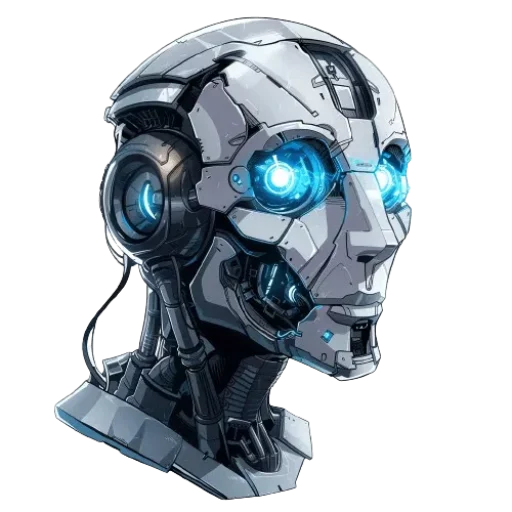Key findings
GenAI is set to impact, but not transform, the work of Industrial Engineering Technologists and Technicians.
Blue-collar workers like them are unlikely to be automated due to the physical nature of their tasks.
The automation wave may even increase demand for their skills, leading to a rise in income share.
However, some skills used in their work, such as Operations Analysis and Technology Design, could be automated in the future.
This unique situation shields blue-collar workers from major AI disruption, ensuring their relevance in the evolving job market.
How could AI or automation replace or complement job activities?
Artificial intelligence, automation, or language models like ChatGPT could potentially enhance certain aspects of the work done by Industrial Engineering Technologists and Technicians.
They could assist in analyzing statistical data to maintain product quality, optimize production rates, and ensure compliance with regulations.
For example, AI could streamline data analysis to identify areas for efficiency improvements in production processes.
Job description
Applies engineering theory and principles to solve problems related to industrial layout or manufacturing production, working under the guidance of engineering staff. Conducts time and motion studies on worker operations in different industries to set standard production rates and enhance efficiency.



0 Comments